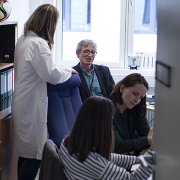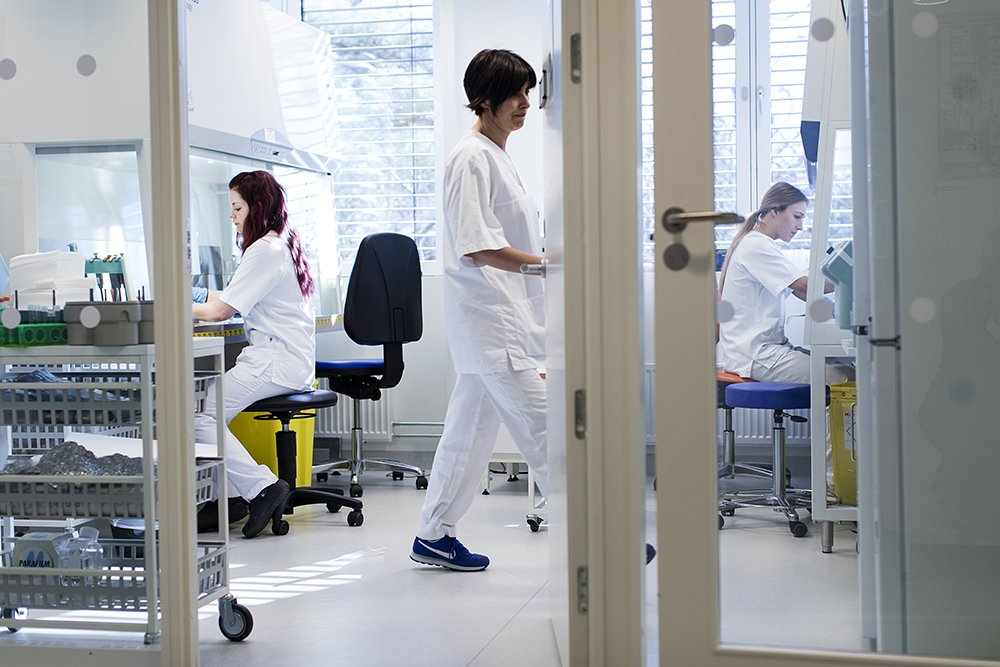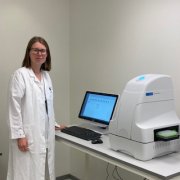Calling all life science start-ups
Are you a Norwegian life science start-up in need of mentoring?
The Nordic Mentor Network for Entrepreneurship (NOME) offers free mentoring to promising start-ups in the life science sector. Oslo Cancer Cluster (OCC) Incubator has coordinated NOME activities in Norway since 2016 and is actively seeking both start-ups and mentors to join the programme.
NOME is a not-for-profit mentoring network in the life sciences, managed by Accelerace AS. The goal of NOME is to increase the success rate of Nordic life science start-ups by giving access to experienced mentors. Participation is free of charge and funded by the Novo Nordisk Foundation.
How does it work?
Selected start-ups are matched with 3-4 mentors to address the company’s specific challenges. These are some of the most experienced, best networked, and most influential leaders from the Nordic life science industry. The mentors volunteer their services to help start-up companies in biotech, medtech and healthtech areas to reach their goals.
“It is not very easy for start-ups to get access to advice from people of the level that we have in NOME. We provide a framework and facilitate help from those who know to those who need,” said Peter Birk, Head of Business Development at Accelerace.
“Several analyses of life science ecosystems confirm that access to advice from those who “have been there and done that” is a critical factor of success,” Birk continued.
- Interested to learn more about NOME, its mentors and start-ups? Please visit NOME’s official website to read more.
Accelerating innovation
The NOME mentoring programme is a complement to the OCC Incubator’s other activities, facilities, and services to support start-ups in the cancer innovation field. This includes one-to-one business development advice, state-of-the-art laboratories and offices, and access to a global network of key players in the cancer field.
”To accelerate the development of new cancer treatments, we need to build the Norwegian health industry and Nordic collaboration on life science,” said Ketil Widerberg, Chief Executive Officer, Oslo Cancer Cluster Incubator.
“NOME is one example of this. The start-ups get connected with the mentors they need to develop their companies and bring new innovations to the market. We hope many new life science start-ups in Norway will take advantage of this opportunity,” Widerberg continued.
- Curious about OCC Incubator’s services, facilities and Accelerator programme? Please read more on OCC Incubator’s website.
Nordic collaboration for life science
NOME is active in Denmark, Sweden, Norway and Finland, and has an important role in connecting the entire Nordic Life Science system.
“Individually we are all small countries, but together we have critical mass and represent a very significant stronghold for life sciences that gets attention from the rest of the world,” said Peter Birk.
“A good example is that there is a high interest from very experienced non-Nordic individuals from the life science industry to become NOME mentors. This would not have happened if we were just a local Norwegian, Danish or Swedish,” Birk continued.
- Do you want to receive mentoring for your start-up? Please get in touch with Ketil Widerberg, CEO of Oslo Cancer Cluster Incubator.


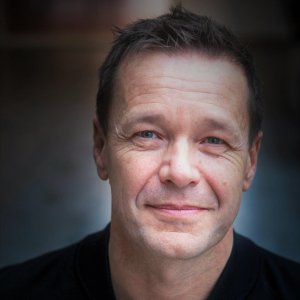
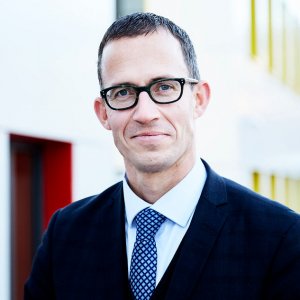
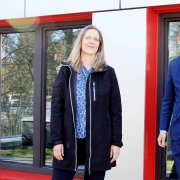 Oslo Cancer Cluster
Oslo Cancer Cluster 